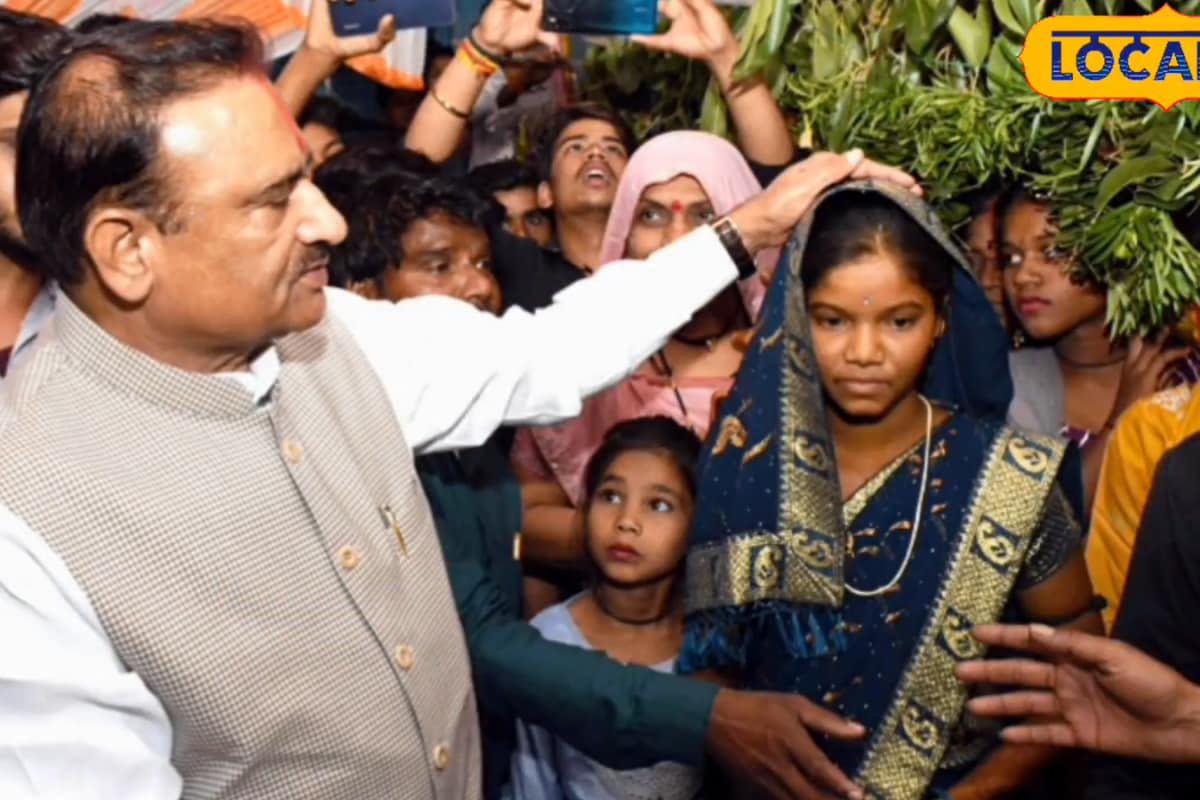

In the heart of Madhya Pradesh, a quiet revolution is taking place, challenging age-old traditions and paving the way for a more equitable society. This change is being spearheaded by a tribal bride whose courageous act has helped to break a 17-year-long 'parag' or social boycott in her community.
Madhya Pradesh, known as the "heart of India", is home to a significant tribal population, comprising over 20% of the state's total residents. These communities, including the Bhil, Gond, Baiga, and Korku tribes, each possess unique customs, traditions, and social structures that have been passed down through generations. While these traditions are an integral part of their cultural identity, some practices have inadvertently led to social divisions and inequalities.
One such practice is the imposition of 'parags' or social boycotts, where individuals or families are ostracized from the community for violating certain social norms or customs. These boycotts can last for years, even decades, causing immense hardship and suffering for those affected. In many instances, these 'parags' are implemented by the tribal (jati) panchayats, or village councils, which traditionally have the final say in marriage, land, and criminal disputes.
The story of this tribal bride highlights the challenges faced by these communities and the power of individual agency to bring about change. For 17 years, a family in a remote village in Madhya Pradesh had been living under a 'parag' due to a perceived transgression. This meant they were excluded from social gatherings, denied access to community resources, and faced constant discrimination. The reasons for such boycotts can vary widely, from disputes over land and resources to perceived violations of social norms. Sometimes, these norms are influenced by non-tribal cultures and traditions, leading to increased costs associated with events like weddings, which can drive families into debt.
However, when a young woman from this ostracized family got married, she decided to challenge the status quo. Breaking with tradition, she actively sought the support of other community members, particularly the elders, to reconsider the 'parag'. She emphasized the importance of unity and forgiveness, appealing to their sense of compassion and justice.
Her efforts struck a chord with many in the community. Some had silently questioned the fairness of the boycott for years, while others were moved by her courage and determination. After much deliberation, the community elders decided to lift the 'parag', allowing the family to reintegrate into society. This decision was not merely a symbolic gesture; it had a tangible impact on the family's life, restoring their dignity and access to essential resources.
This event is a testament to the changing dynamics within tribal communities in Madhya Pradesh. While traditions remain important, there is a growing awareness of the need to address social inequalities and promote inclusivity. Education, exposure to the outside world, and the efforts of social activists are playing a crucial role in this transformation. Organizations like Khedut Mazdoor Chetana Sangath (KMCS), Adivasi Ekta Parishad, and Jai Adivasi Yuva Shakti are actively working to address issues such as high wedding costs and other practices that lead to financial distress and social division.
The tribal bride's actions serve as an inspiration for others who may be facing similar challenges. It demonstrates that even deeply entrenched traditions can be questioned and changed through peaceful dialogue, perseverance, and a commitment to justice. Her story is a reminder that true progress lies in upholding the values of equality, compassion, and respect for all members of society, regardless of their social status or background. The ripple effects of her actions are likely to resonate throughout the region, encouraging other communities to re-evaluate their own practices and work towards a more harmonious and equitable future.